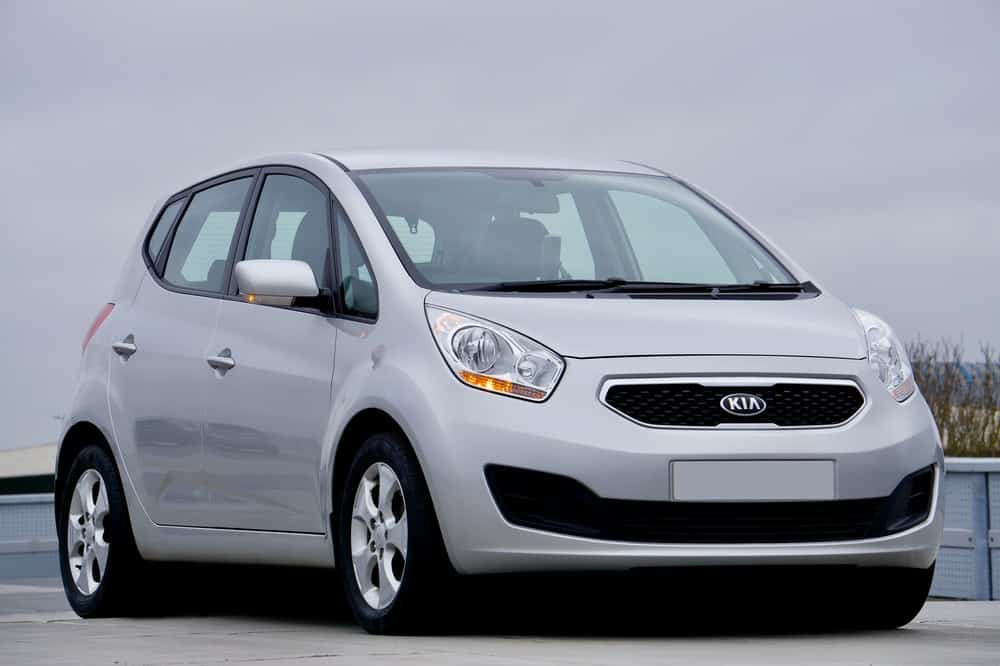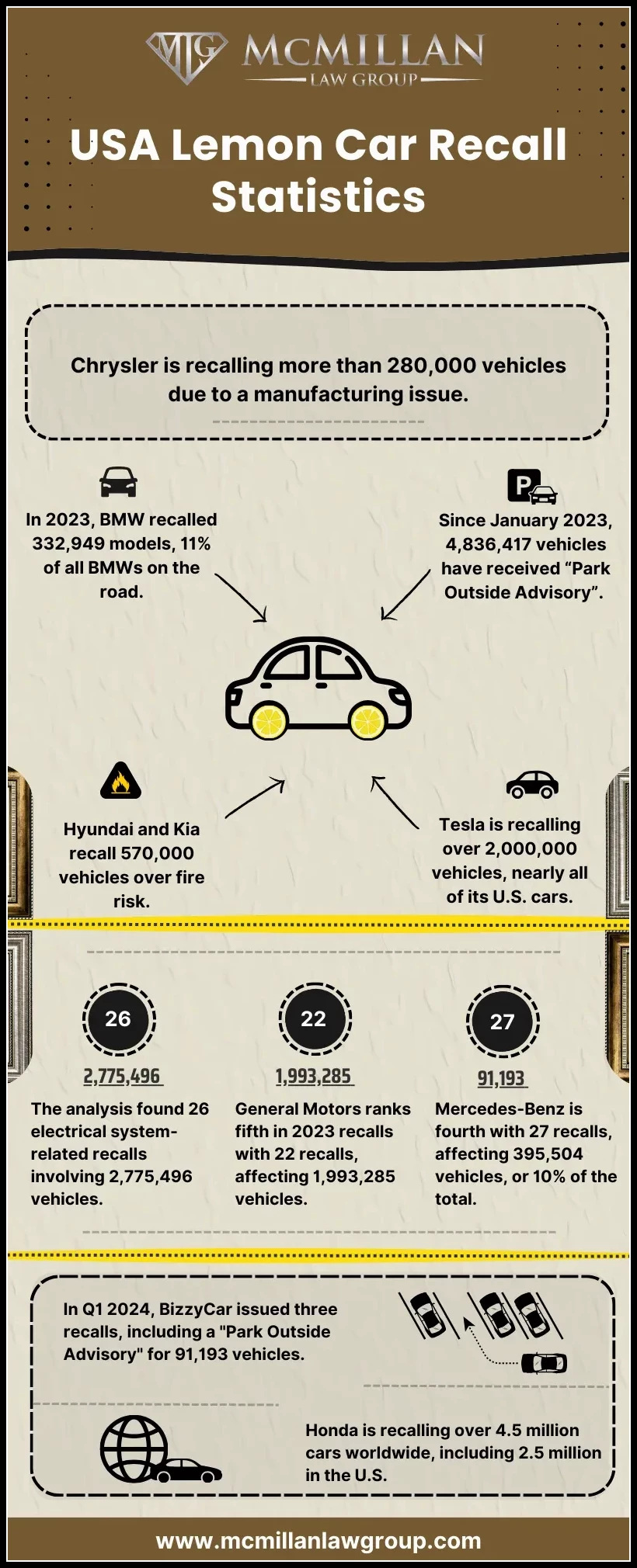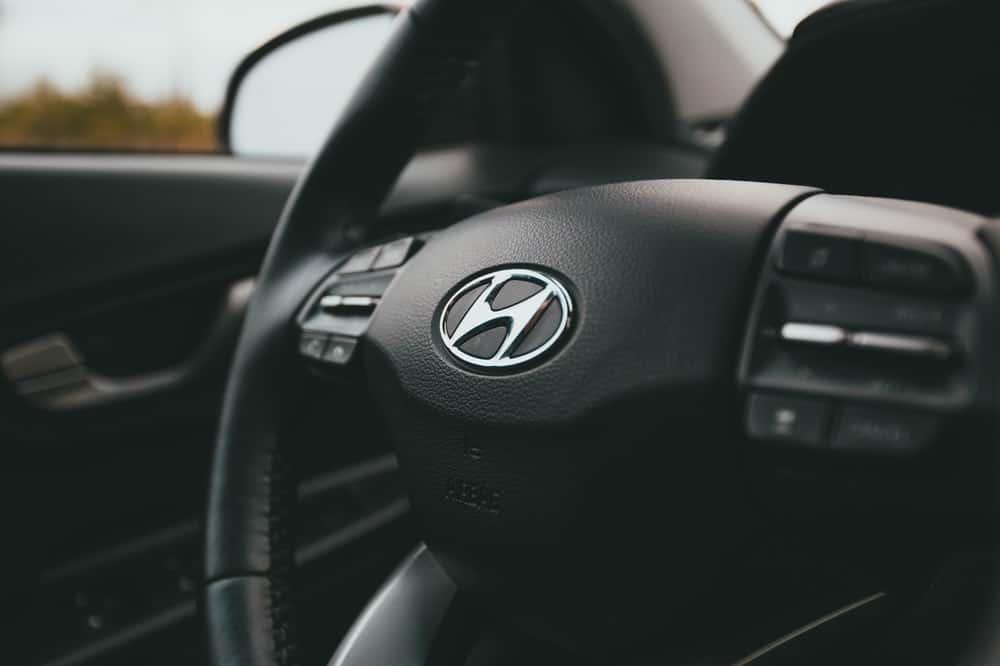Manufacturers often take action to recall cars when they make a mistake across many, often thousands of vehicles. It’s taken as a sign that the manufacturer takes quality seriously. The National Highway Traffic Safety Administration (NHTSA) requires car makers to issue these recalls when they discover a defective safety/engineering flaw that could lead to a serious accident, such as faulty airbags. The recalled cars are supposed to be repaired at a dealership or repair shop.
Although car repairs are typically effective, this is not always the case. A class-action lawsuit has been filed against Hyundai, as many recently recalled and repaired cars have not been fixed properly, leaving drivers at risk. Here is what you should know about the allegations against Hyundai, what it could mean for you, and how to determine if your recalled car qualifies for a lemon law claim with the help of our California lemon law lawyer.
Background of the Case
In May 2017, a group of plaintiffs filed a class-action lawsuit against Hyundai and Kia, alleging that the carmakers were aware of engine defects but failed to disclose this information. The National Highway Traffic Safety Administration opened an investigation into the matter that same month. They were particularly interested in Hyundai and Kia’s handling of their 1.6 million vehicle recall to fix a defect. In fact, the companies initiated five similar recalls as far back as 2015.
As the number of engine fires related to certain models of cars increased, more and more people filed class-action lawsuits. In August 2018, the U.S. District Court for California’s Central District ordered that all of these cases be consolidated into one multidistrict litigation (MDL). This MDL was in 2019. It is important to understand the difference between MDLs and class action lawsuits. In a class action, all of the plaintiffs are grouped together and their cases are handled as one. However, in an MDL, each lawsuit remains separate. This can be beneficial because it allows for consistent outcomes across similar cases.
Vehicles Affected in the Case
Hyundai vehicles that come equipped with Theta II 2-liter or 2.4-liter gasoline direct injection engines may be affected by certain issues. This includes models such as the 2011-2018 Sonata, 2013-2018 Santa Fe Sport, and 2014-2015, 2018 Tucson. If you own one of these vehicles, it’s important to be aware of the potential problems so you can take appropriate action.
Vehicles covered by Kia include the Optima, Sorento, and Sportage from 2011 to 2018. Certain 2019 models of these six types may also be included, depending on when they were manufactured. Those made before the implementation of knock sensor detection system technology are more likely to be included.
What is an Adequate Repair in California?
If your Hyundai or Kia needs repairs, you may be wondering if it meets the requirements for a lemon law claim. The definition of an adequate repair is important to understand, as it can help determine whether you are eligible for a refund or replacement from the manufacturer. If your car is still under warranty and has not been properly repaired for manufacturing defects, you may be entitled to a refund or replacement.
The definition of a good repair, however, is simpler than you might think. In California, an adequate repair must follow these criteria:
Vehicles Must Not Have a Problem
A vehicle is only considered to be repaired properly if the issue that needed fixing is no longer present. This can be difficult to determine, however, especially if you’re not an experienced mechanic. It may not be clear whether the manufacturer’s mechanics actually fixed a subtle issue like a faulty ABS module.
If you’re going to get your car repaired, be sure to keep all the documentation. The receipt and explanation of the repairs will come in handy if it turns out the issue wasn’t actually fixed. This way, you can force the manufacturer to honor the warranty, even if it’s technically expired. They didn’t successfully repair it the first time, after all.
The Vehicle Should be Fixed in Reasonable Number of Attempts
If your car needs repairs, you want the manufacturer to get it right the first time. Unfortunately, California lemon law allows manufacturers multiple attempts at repairs, which can
be costly and time-consuming for consumers. To avoid this, make sure you know your rights and understand the law before getting your car repaired.
Manufacturers are allowed four attempts to fix non-conformity issues with cars that have a low risk of causing serious injuries. The vehicle may be a lemon if the manufacturer didn’t actually resolve the problem after four attempts by in-house mechanics.
If an issue is serious, the manufacturer can only try to fix the problem twice. For example, if there’s a fire risk in your car then you could get injured. These issues need to be fixed as soon as possible.
The Vehicle Should Not Be in the Repair Shop For More than 30 Days
The number of repair attempts is not the only thing to consider when assessing a car. In California, state law also dictates that owners should not have to wait more than 30 days or go over 18,000 miles before they are automatically entitled to direct repairs by the manufacturer.
Manufacturers should prioritize these fixes. Furthermore, the law states that someone buying a brand-new car has the right and expectation that they can use it, meaning that excessive time in the shop violates their rights. You could have a lemon vehicle even if it doesn’t seem to have any of the classic signs. Any time it’s been in the shop for more than 30 days could potentially be a sign that there are larger issues.
Regardless of the outcome of this class action lawsuit against Hyundai, it does show the need for Hyundai and Kia owners to pay attention to their cars’ safety. If you think your vehicle has a manufacturing error and Hyundai hasn’t properly fixed it, contact them. You can also contact our lemon law lawyer in California and know if there are any chances of relief.



